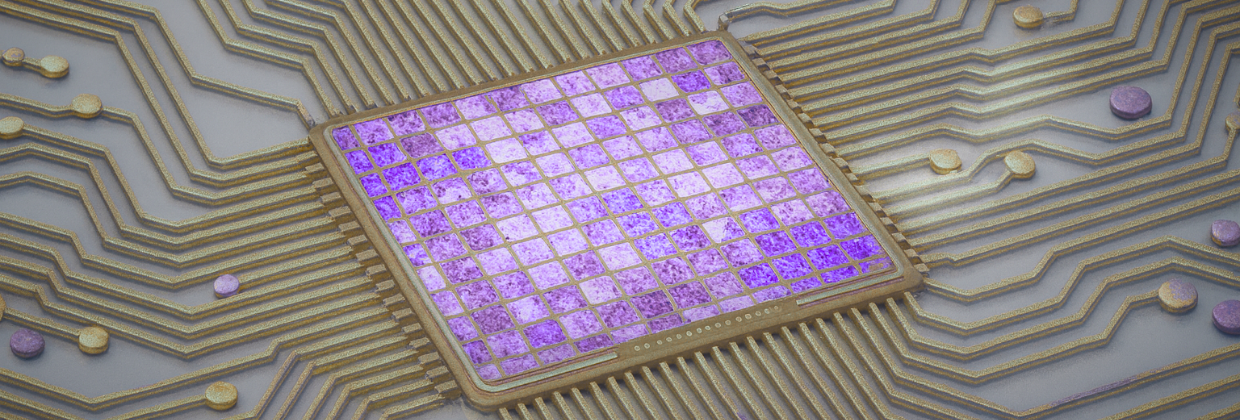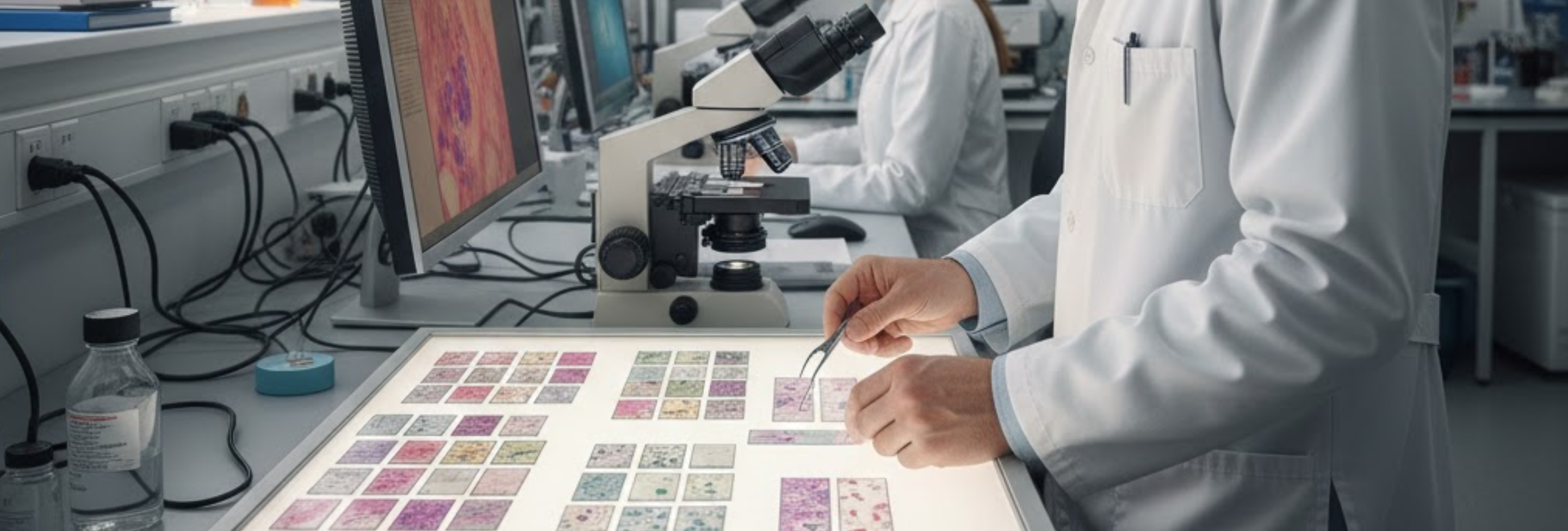Artificial intelligence (AI) continues to reshape oncology, and one of the most promising frontiers is the rise of foundation models in computational pathology. These large-scale AI systems are trained on millions of digitized pathology slides to capture subtle, universal features of cancer biology. Unlike narrow models designed for a single cancer type, foundation models can be adapted across multiple tumor types, tasks, and datasets, making them a potential game-changer for clinical practice.
Why This Matters for Oncology
Foundation models hold the potential to:
-
Improve diagnostic accuracy by recognizing rare or complex patterns that may be missed by the human eye.
-
Enable prognostic predictions through linking histological features with survival outcomes or treatment response.
-
Accelerate research translation by allowing institutions worldwide to fine-tune a shared baseline model, reducing the need for massive annotated datasets.
For oncologists and pathologists, these capabilities could translate into earlier diagnoses, more personalized treatment planning, and faster innovation in cancer care.
The Challenges Ahead
While the opportunities are compelling, hurdles remain before foundation models become a standard part of clinical workflows:
-
Data diversity and bias: Most training datasets still underrepresent certain populations, which can limit model fairness and generalizability.
-
Interpretability: Black-box outputs raise questions about clinical trust and regulatory approval.
-
Integration with existing systems: Hospitals need secure, interoperable solutions that align with privacy and compliance standards.
These challenges highlight the importance of global collaboration and rigorous validation before widescale adoption.
PAICON’s Perspective
At PAICON, we see foundation models as a cornerstone for the future of oncology AI. Our Athena Foundation Model exemplifies this vision, integrating large-scale, diverse data to transform complex biological and clinical data into actionable diagnostics. By fostering research collaborations and building diverse, high-quality datasets, we aim to contribute to the responsible and equitable deployment of AI in pathology.
Foundation models are not just about technological progress; they are about making cancer diagnostics more inclusive, reliable, and impactful for patients everywhere.
Stay tuned as we continue to share insights on how AI innovations from foundation models to multimodal analytics are shaping the next generation of personalized oncology.



